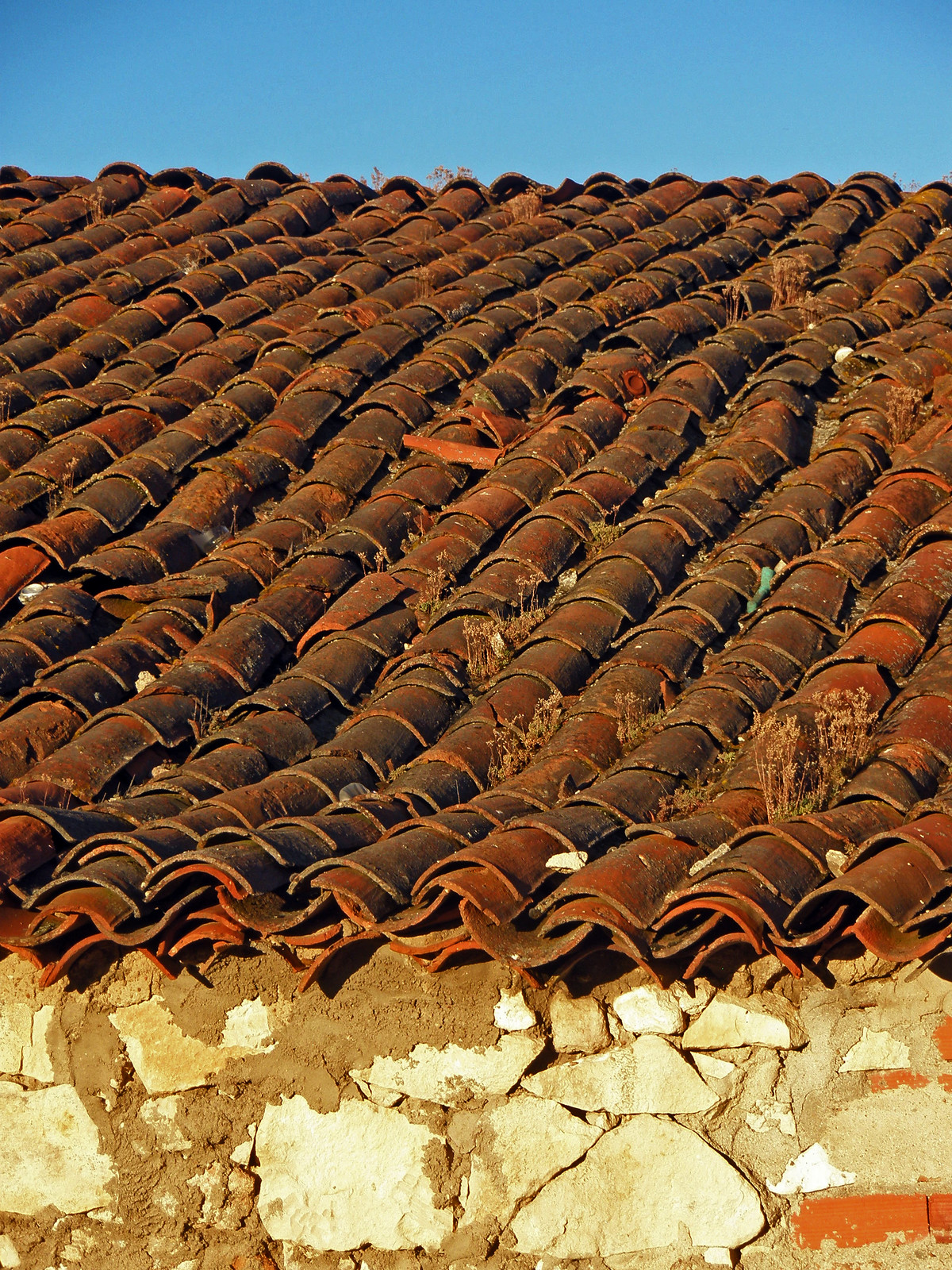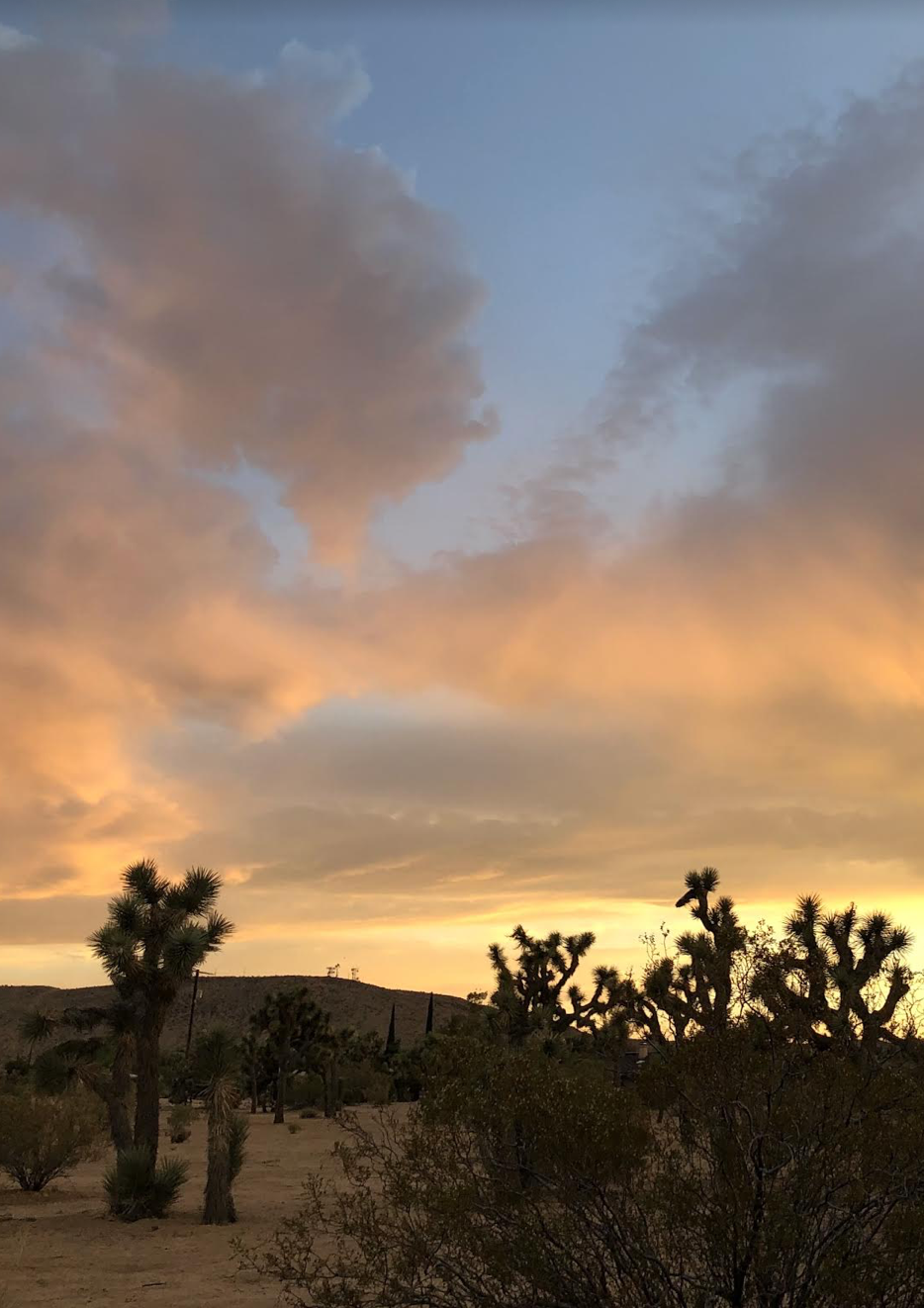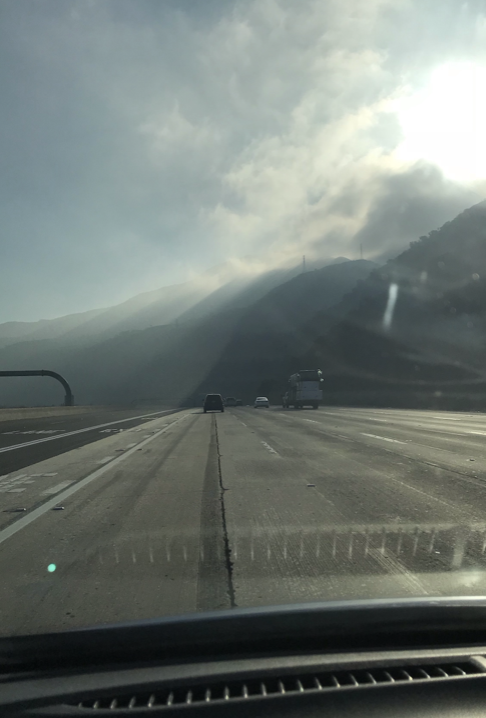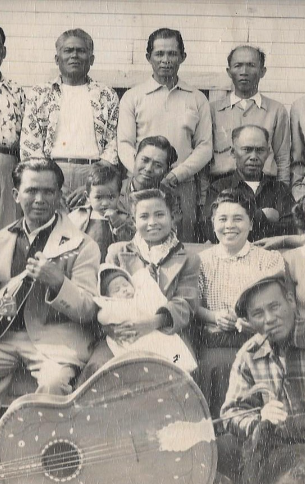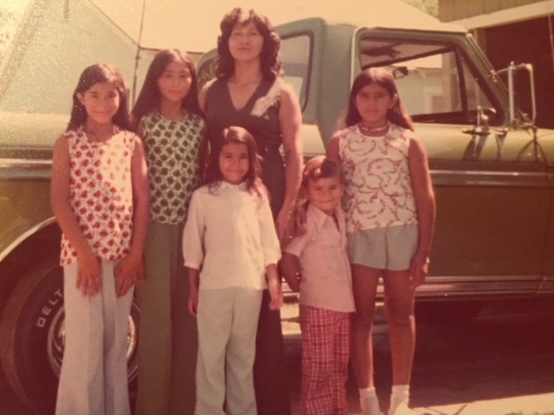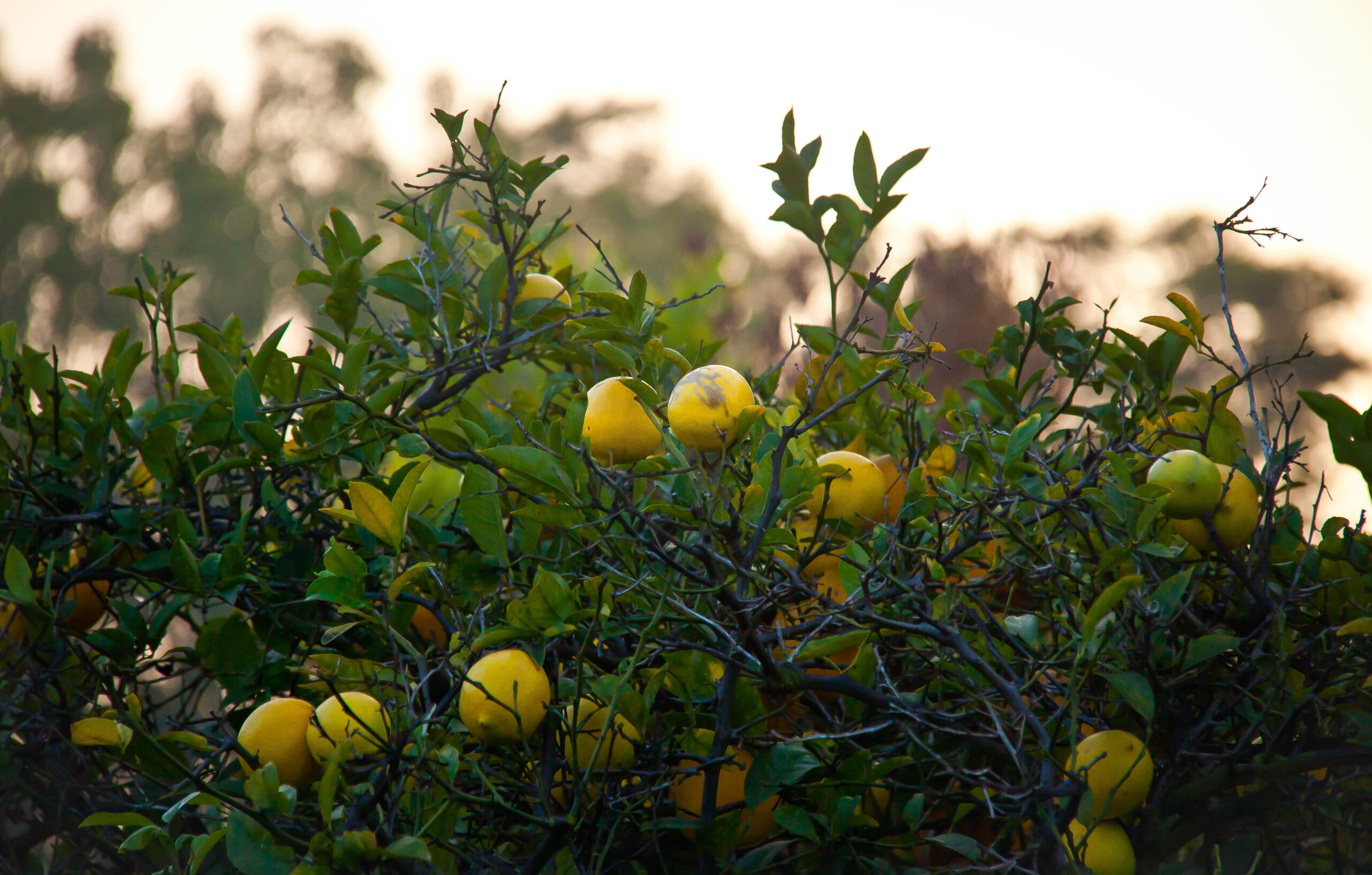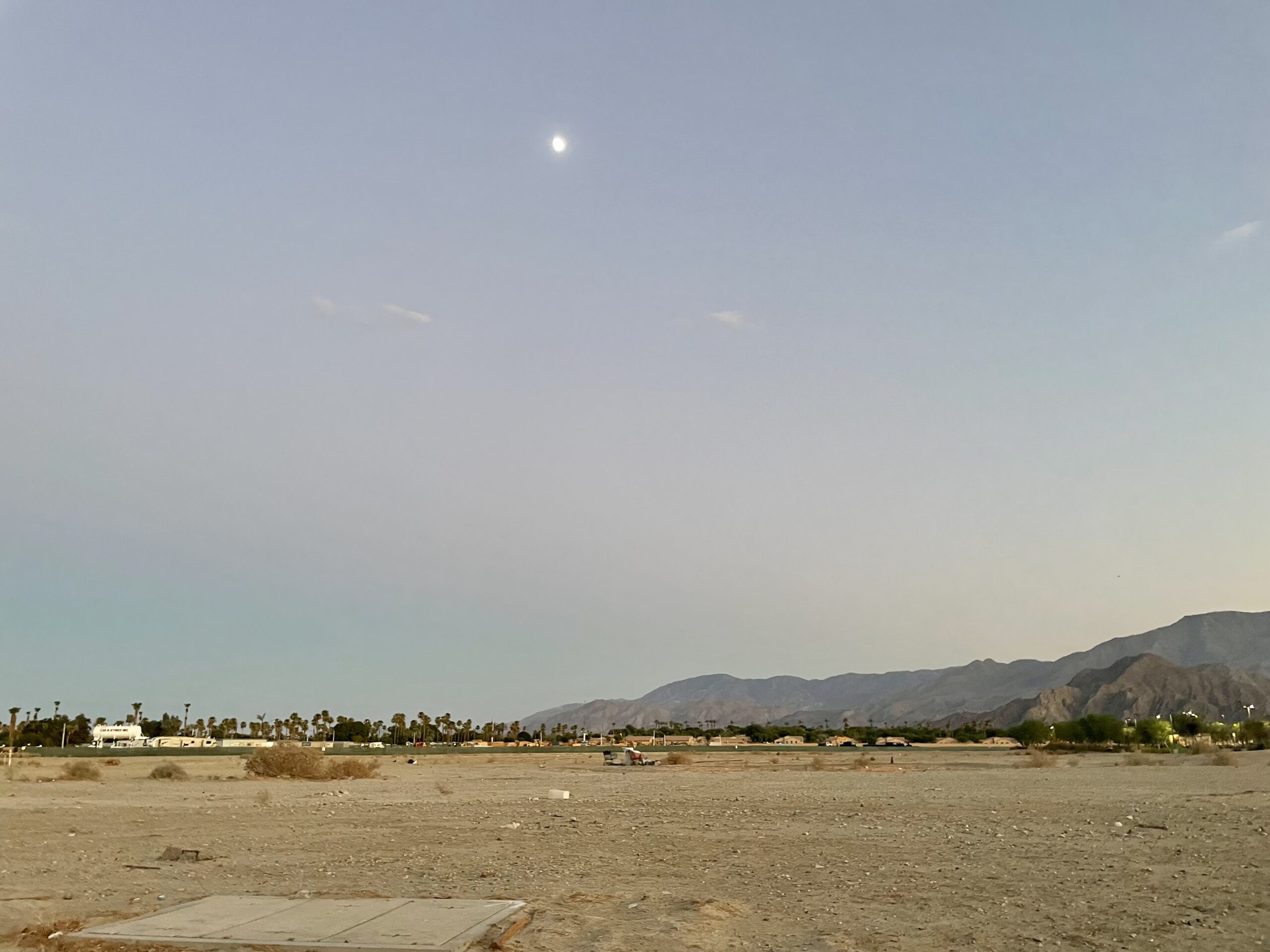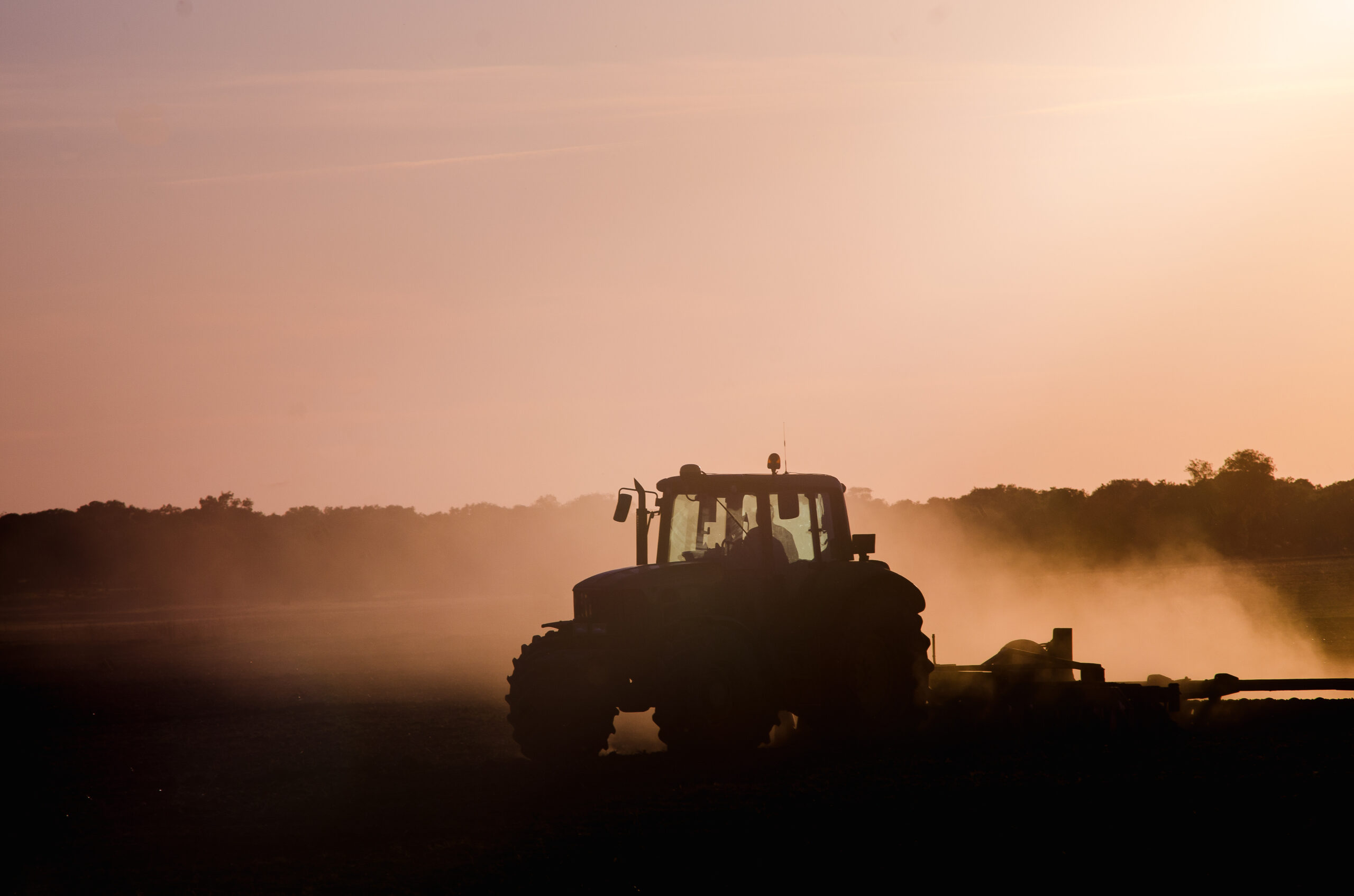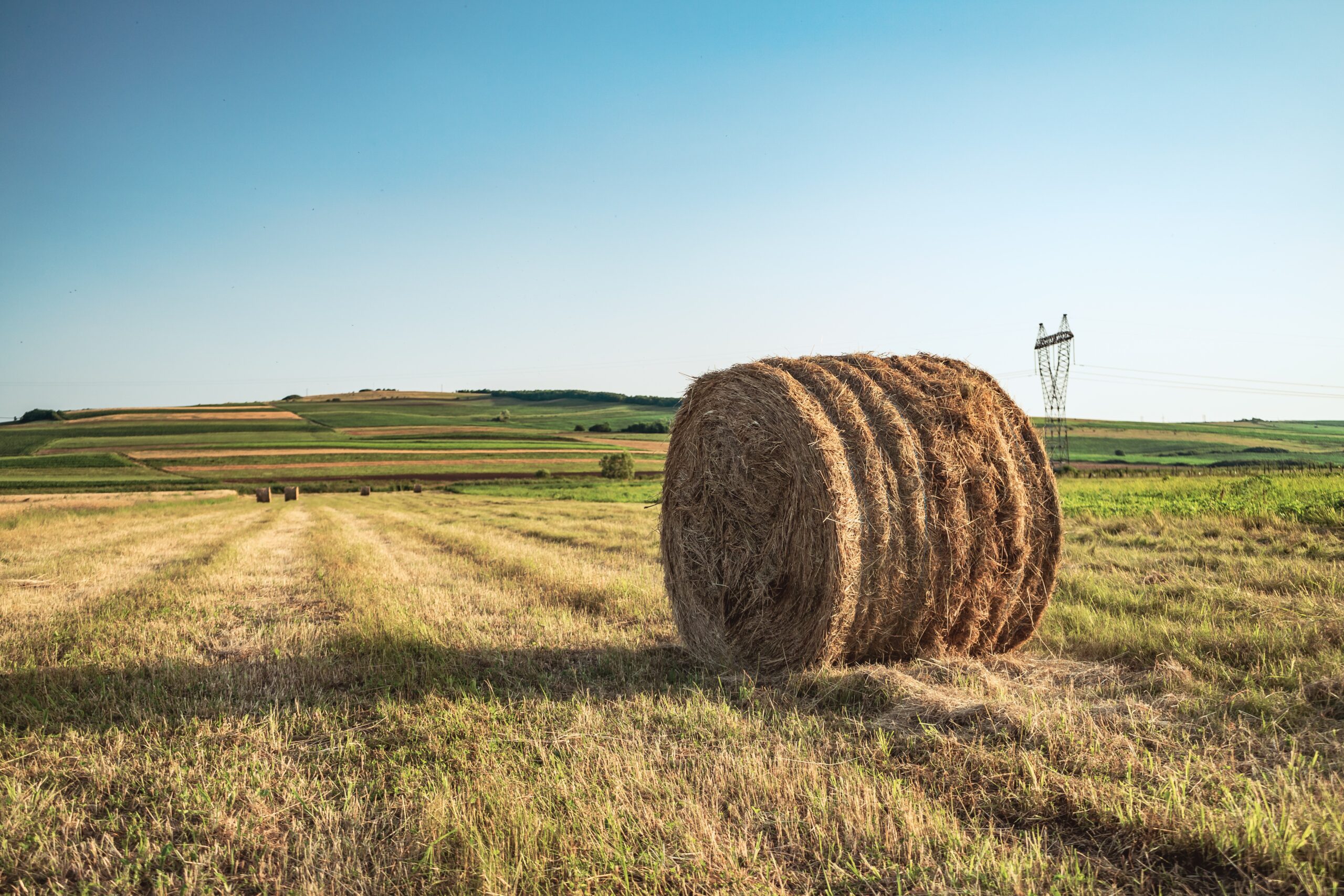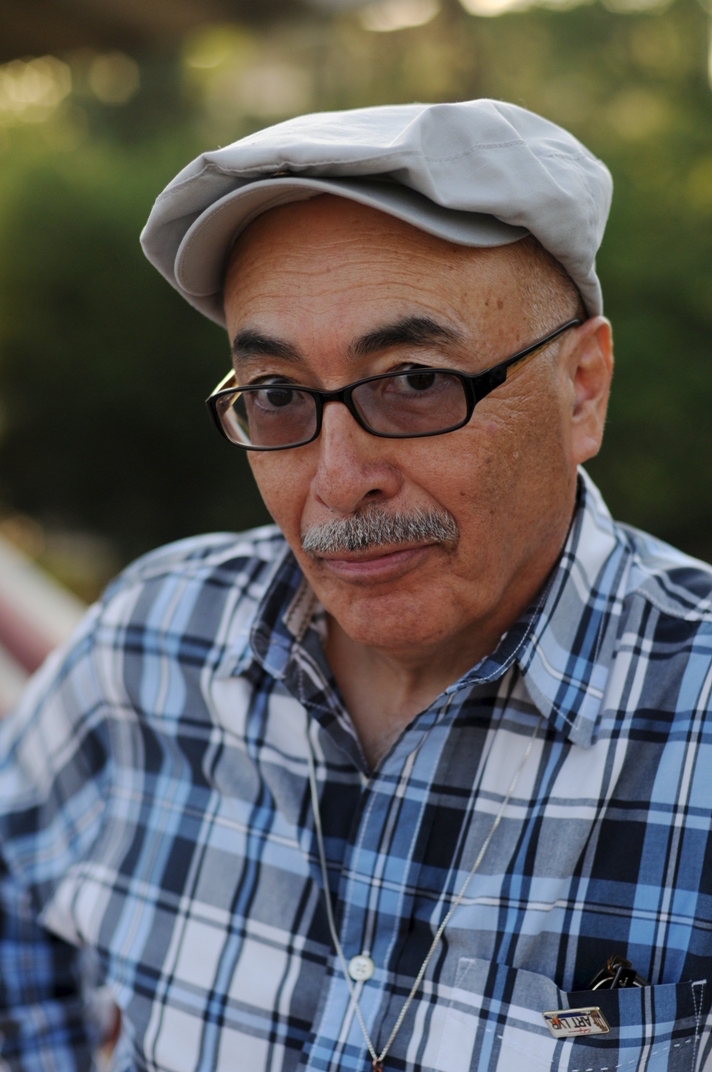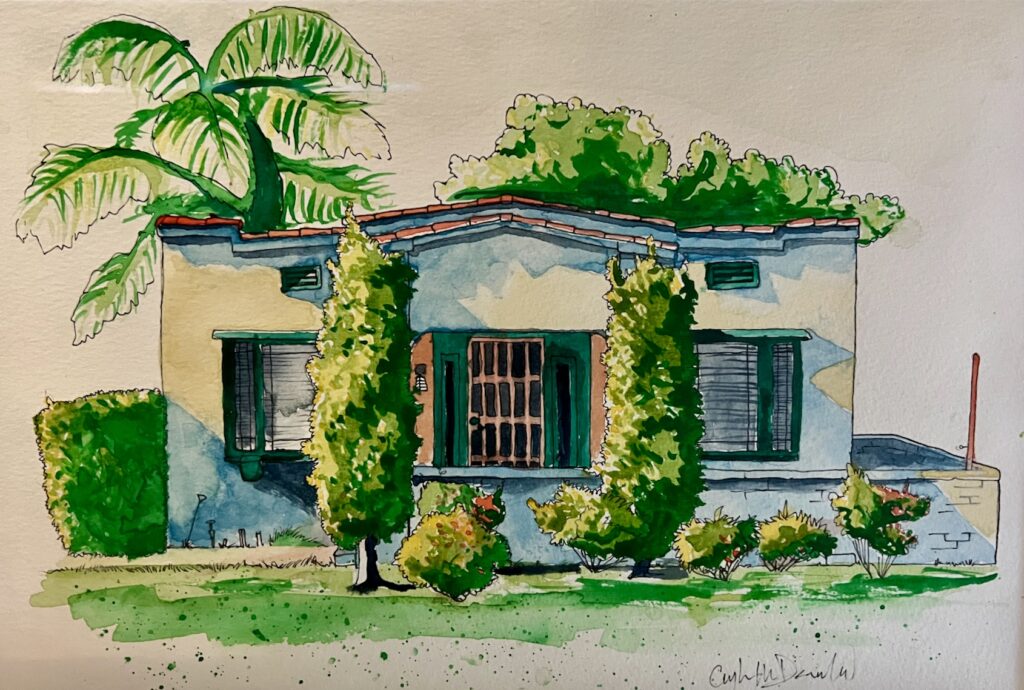
“untitled,” watercolor, by Cuyler McDonald. Image courtesy of author.
Ten
We claw-dance between the folding walls.
“Are we sinking?” I ask.
Our backs flatten into herringbone patterns against the floorboards. Oil from our noses stains the adobe ceiling.
“We’re doing the boogie!” he says.
He waggles a finger that can no longer stretch up. I laugh-cry. I listen to the house moan. “Do you hear me creaking?”
My ribcage smushes into a desert plateau.
“It’s not us. It’s only the wooden boards, I’m sure,” he says.
